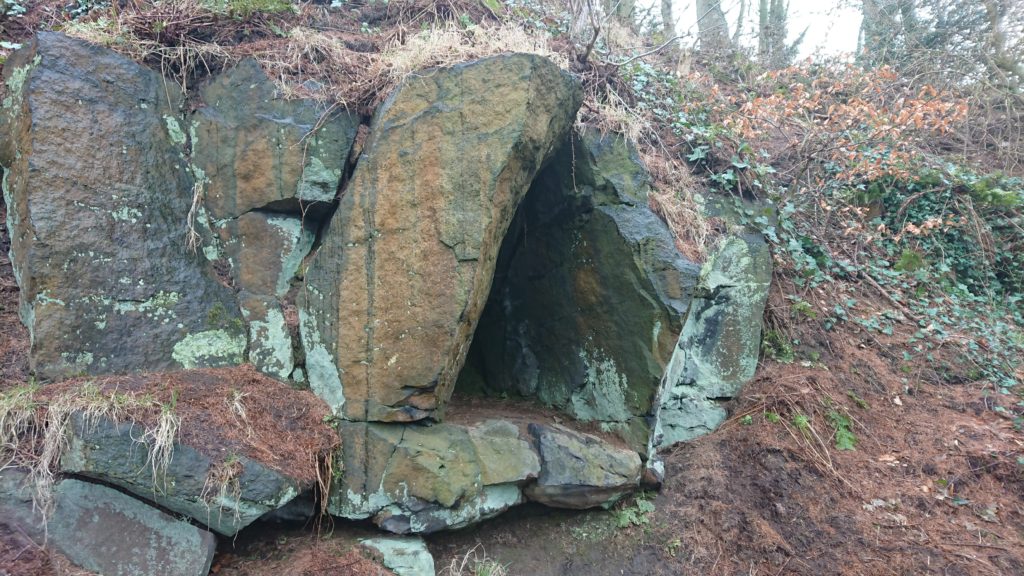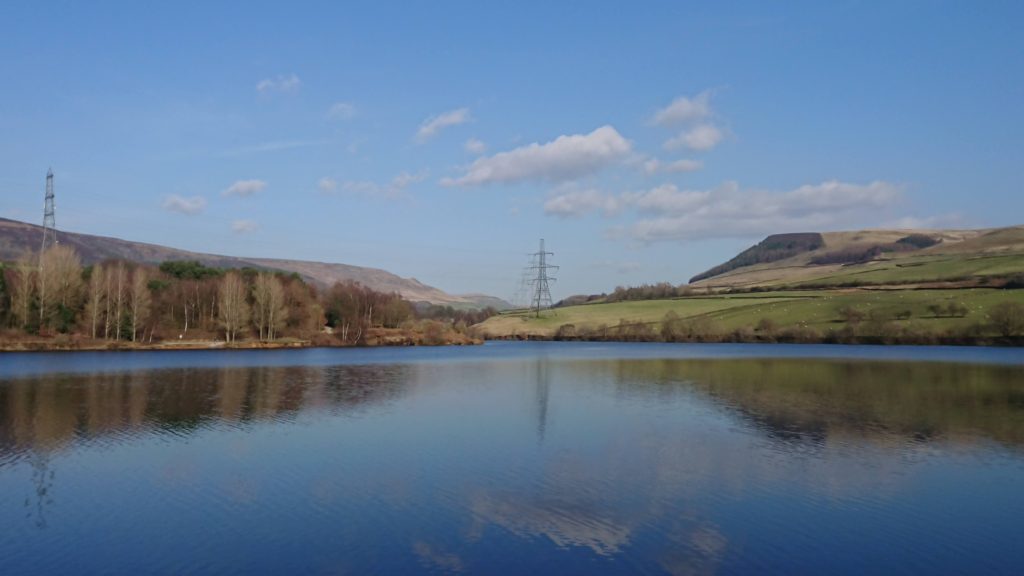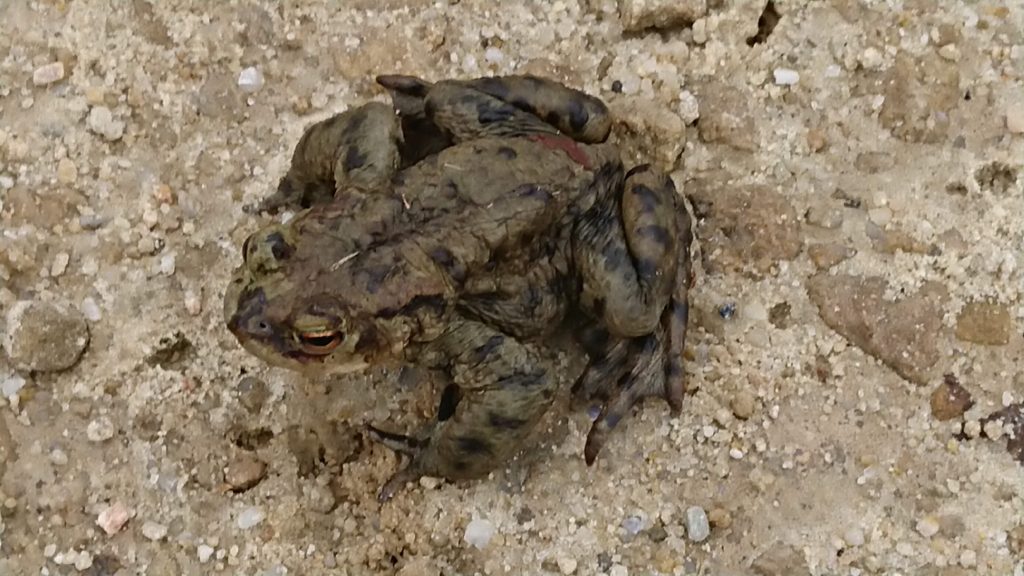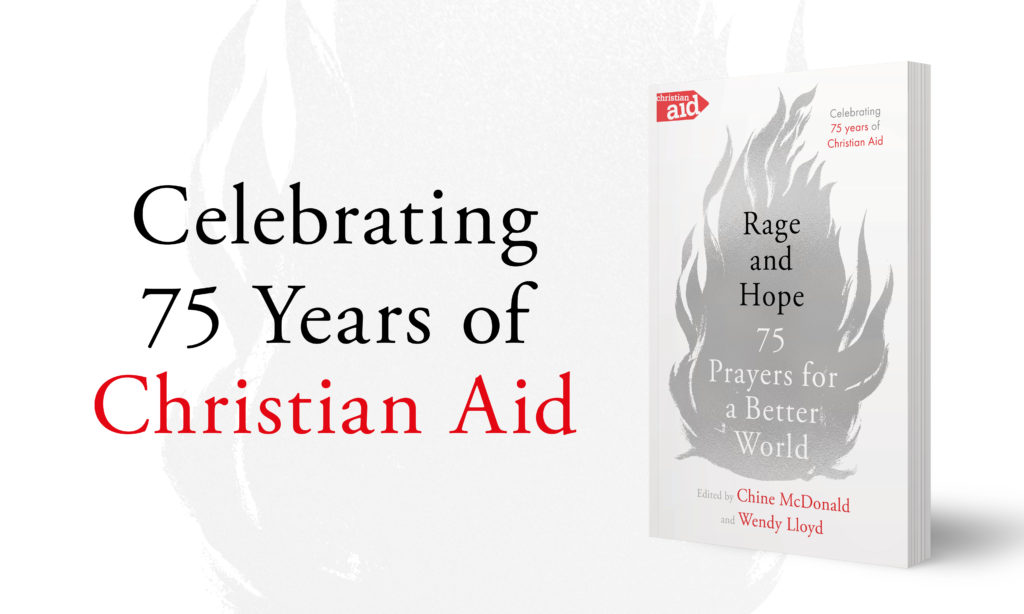Dear Benedict,
We’re still in lockdown in England which limits how far we can go. The wanderer in me is frustrated so I wander in other ways, up and down local footpaths looking for frogspawn and other signs of Spring, across social media looking for posts about these things. Of course I’d love to be out there and I’d particularly like to be out there in Bambi.

Bambi is my small ageing campervan, but it is also my oratory, not that I knew what that was before becoming a Lay Benedictine. Vocabulary is just one of the ways in which groups create their own language known only to insiders. We all need to watch that.
Anyway, back to Bambi, the Mobile Chapel of St Scholastica. It is currently unfortunately still under winter wraps. But to have a place to pray was a long held yearning for me. Fortunately, I had my own room when I was growing up and could arrange it to my preference. Searching for places to pray is part of my life long journey, one I very much enjoy as some of the most unexpected places can turn into a oratory, or prayer place.

‘Simply go in’ to that place, you write in chapter 52, whether mobile or not, roofed or roofless. It’s good to have a space that we set aside for worship and the continuance of our relationship with God. I’m pleased to have found some lovely ones here and there. At the moment the ledge on the edge of the valley serves this purpose well, opening up as it does onto the side of the reservoir at the end of the Longdedale Valley. Many moods may be encountered here and once in a while the whole place opens up as a wide reflective mirror. I call that the Mighty Blue.

It’s an awesome sight and it has been one of my mainstays over this third lockdown. A place of extremes, where great and small things meet in the eye of God. About 400 yards from my house it is a fitting oratory for the days when I am less mobile.May you know such a place.
From my remembered bible: Keep me as the apple of your eye, shelter me with your wings.
God is eye to eye with me.
From a Friend of Scholastica and a Member of the Lay Community of St Benedict.





